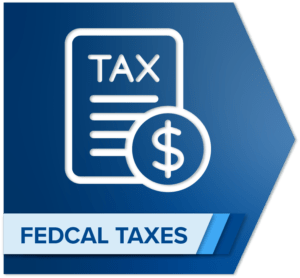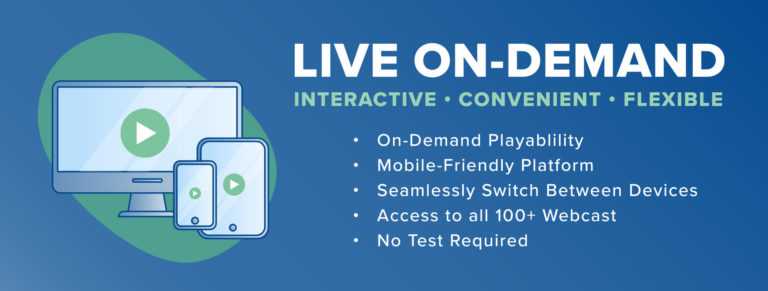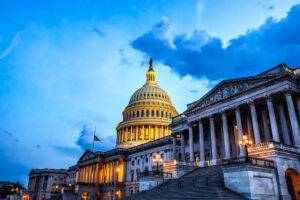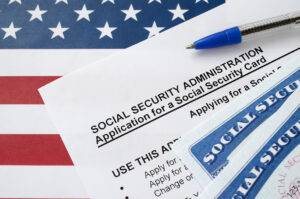
Article at a Glance:
- 48 changes to the Paycheck Protection Program (PPP) Loan provisions in the CARES Act.
- PPP Loan provision expired on June 30, 2020.
- SBA reported that the second round of funding resulted in an average loan size of $113,000.
- The Paycheck Protection Plan Extension Act.
- 3.7 million (85%) of loans approved by SBA are $150,000 or less.
There have been 48 changes to the Paycheck Protection Program (PPP) Loan provision in the CARES Act. The changes included: The Paycheck Protection Program Flexibility Act, IRS FAQs, Interim Final Rules, Revised Interim Final Rules, and new application forms for the PPP loan and the PPP loan forgiveness.
Now we have change numbers 49 and 50. The President signed into law The Paycheck Protection Plan Extension Act on July 4, 2020. This legislation includes two welcome changes that are an easing of the original PPP loan rules.
1. In the original law, the PPP loan provision expired on June 30, 2020. The Paycheck Protection Plan Extension Act allows small businesses to apply for a PPP loan until August 8th. Why? Because there’s still $130 billion left in the program.
The mess at the beginning of the program, where well-connected businesses were already in line for the funds, meant a lot of small business owners were discouraged to apply. We solved that problem for many of our clients as we helped with PPP loan applications, but aren’t you a little surprised that there are still funds left in what has turned into a grant (gift) program? The publicity around this extension should bring in a few more cash-strapped businesses, especially do-it-yourself sole proprietors.
Note. SBA reported that the second round of funding resulted in an average loan size of $113,000. If the loans are $113,000 or less, the $130 billion in leftovers results in another 1,150,000 businesses and their employees who can be helped by a PPP loan.
2. The Paycheck Protection Plan Extension Act allows the forgiveness of PPP loans of $150,000 or less if the borrower submits a one-page attestation form to the lender. In addition, the lender is held harmless from any enforcement action if the borrower’s attestation is false.
This is a good change as it eases the paperwork for businesses with small loans —thank goodness as we are the ones who would have helped with the forgiveness applications.
Note. 3.7 million (85%) of the loans approved by the SBA are $150,000 or less.
While July 4th was the 244th independence day for our country, July 15th is scheduled to be the tax practitioner’s independence day, or maybe not. Secretary Mnuchin said last week that he is thinking about an extension to file and pay until October 15th. Good luck to you on finishing up the 2020 tax season whenever it may end.
2020 Federal & California Tax Update: Individual
- Instructor(s): Sharon Kreider, CPA & Karen Brosi, CFP, EA
- Credits: 4
- NASBA Category: FedCal Taxes
2020 Federal & California Tax Update: Business
- Instructor(s): Sharon Kreider, CPA & Karen Brosi, CFP, EA
- Credits: 4
- NASBA Category: FedCal Taxes
Recent Stories
Next Up...
- |
- TaxByte
- |
- TaxByte
- |
- TaxByte







